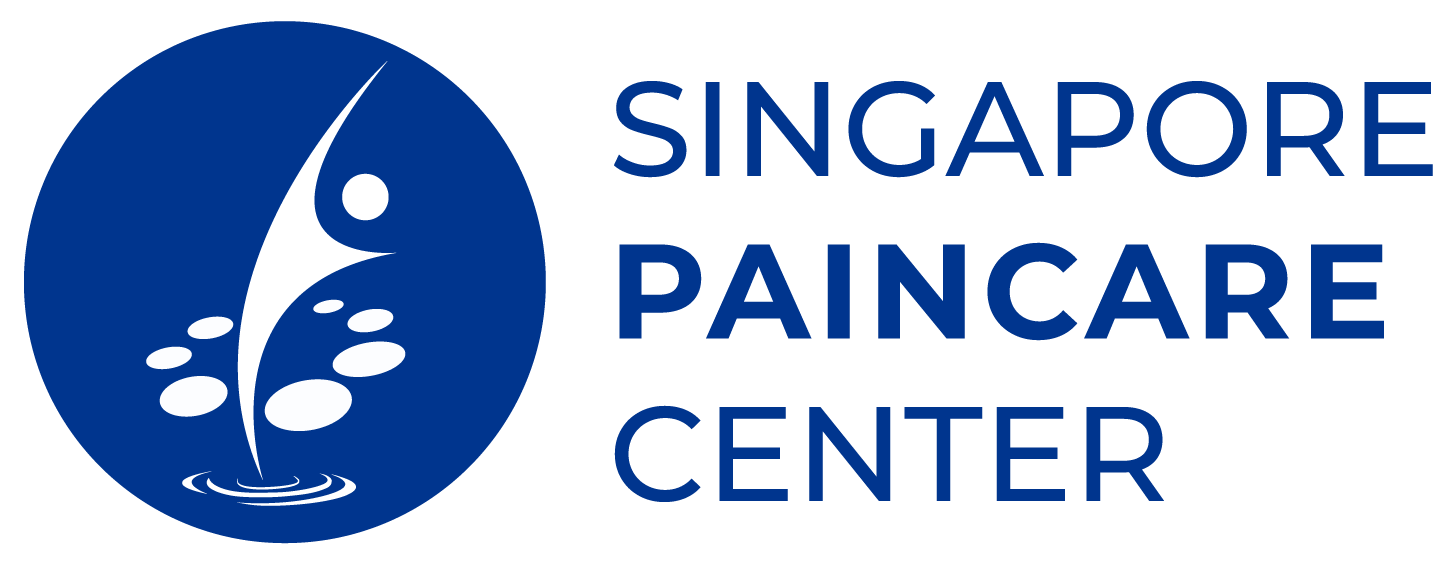Pinched Nerve
About Pinched Nerve
A pinched nerve happens when the surrounding tissues, such as bones, cartilage, muscles, or tendons, put too much pressure on the nerve. This pressure may result in discomfort, weakness, tingling, or numbness. These pinched nerves are referring to situations outside the spine. Those pinched nerves within the spine are being managed under “slipped disc” and “bone spur” sections.
A pinched nerve can develop in a variety of locations throughout the body.Pinched nerves often cause discomfort in these areas:
- shoulder and neck (compressed cervical nerves outside the spine, traversing through tense and taut muscle bands)
- the upper back and chest (compressed thoracic and lumbar nerves, outside the spine, traversing through tense and taut muscle bands)
- Arm and elbow (due to pressure on the ulnar nerve)
- Hand and wrist (often caused by carpal tunnel syndrome)

What Causes Pinched Nerve?
A pinched nerve can be caused by the following conditions:
- Obesity
- Pregnancy
- Rheumatoid Arthritis
- Diabetes
- Injury ortrauma
- Repetitive motions
Symptoms Of Pinched Nerve
Pain
Muscle weakness
Other Symptoms
A Message About Pinched Nerves
Pinched Nerves conditions present similar to nerve compression within the spinal canal. They can present as pain, numbness and weakness. The pain generator for these pinched nerves may be better managed without the need for surgical intervention.
Once identified correctly, the pinched nerve may be freed via non-surgical options before considering undergoing the knife.
Diagnosing Pinched Nerve
Here at Singapore Paincare, our team of experienced primary care physicians and pain care specialistswill conduct a thorough diagnosis. This includes a physical exam, questions about your symptoms and evaluating your medical history. Additional tests like X-ray, CT scan, MRI and EMG may be requested to confirm the diagnosis.
What Treatments Are Available for Pinched Nerves?
In many instances, non-surgical treatments provide excellent outcomes. At Singapore Paincare, we strive to treat your pain with the least invasive option possible after accurately identifying the cause. Ourpain resolution approach focuses on removing pain generators via specialised injection and minimally invasive procedures. Combined with pharmacological treatments and cognitive and physical rehabilitative therapies – we help patients improve their functions and prevent pain from recurring.
Non-Surgical Treatments for Pinched Nerve
Coreflex Injection
Physical Therapy
Non-steroidal anti-inflammatory drugs (NSAIDs)
Splints and Cervical Collar
Surgical Treatment for Pinched Nerve
In most cases, pinched nerves can be treated with non-surgical methods. As surgery always comes with associated risks, complications and downtime – it may not be suitable for everyone. You should carefully weigh the decision before deciding to go under the knife by considering the pros and cons of both non-surgical methods and surgical reconstruction.
How Can I Prevent Pinched Nerve?
While you can’t fully protect yourself from any accidents that may cause pinched nerves, incorporating these strategies can help lower the risk of pinched nerves:
- Keep a good posture
- Take breaks from doing repetitive motions
- Avoid sitting or staying in the same position for too long
- Maintain a healthy weight
Get Your Pain Resolved
Send your enquiries or consult our pain experts today.


